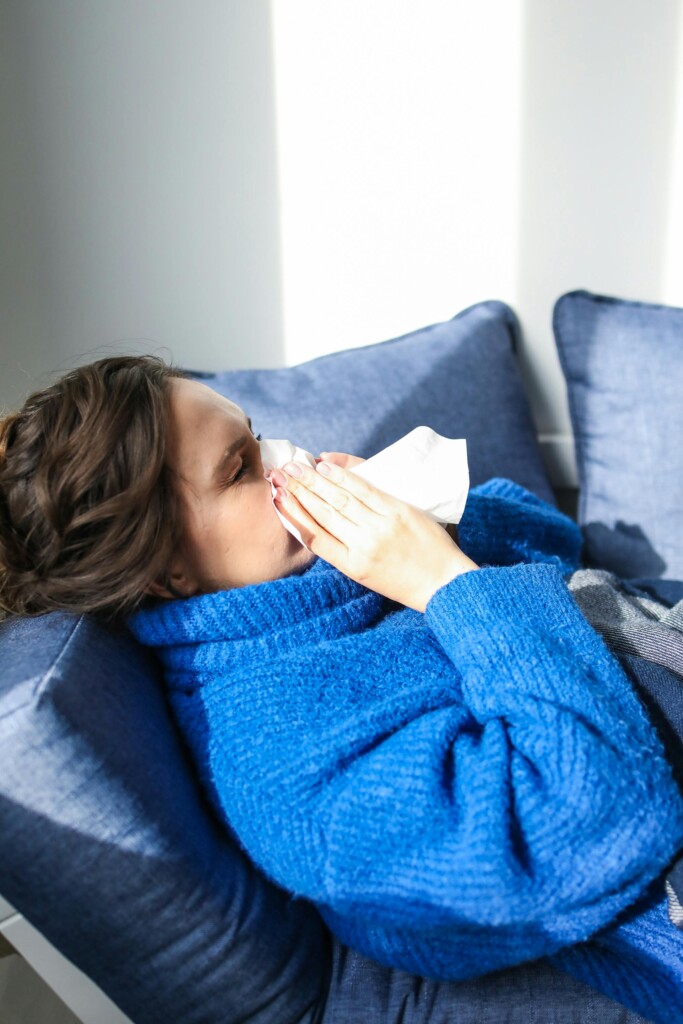The Missouri Department of Health and Senior Services shares tips on staying protected from illness during the holidays

MISSOURI(KBSI) – The Missouri Department of Health and Senior Services is urging citizens to stay protected from illness this holiday season.
Health officials say viruses are already circulating including influenza (flu), respiratory syncytial virus (RSV), COVID-19 and pertussis (whooping cough). Vaccination remains a key tool to prevent illness, reduce severe symptoms and protect Missouri communities.
Missouri Department of Health and Senior Services says each of these illnesses has the potential to lead to serious illness especially among those who are pregnant or have underlying health conditions or among young children and older adults.
Vaccination, along with everyday preventive measures, offers strong protection against these viruses and diseases.
Here’s how you can stay protected on specific illnesses this season according to the Missouri Department of Health and Senior Services.
Influenza (Flu)
The flu vaccine can lower the risk of serious flu complications and hospitalizations. This year’s flu shot targets the strains predicted to circulate most widely. Since the flu season typically peaks in winter months, it’s still beneficial to get vaccinated to reduce the risk of infection and transmission. Anyone age 6 months or older may receive an updated flu shot.
Respiratory Syncytial Virus (RSV)
RSV, a common virus that can cause severe respiratory infections in infants and older adults, is also preventable. RSV vaccines are now available both for older adults and for pregnant women to protect newborns. Immunizations are also available for infants at high risk.
- RSV most often spreads between October through March. The following groups should get immunized:
- Adults aged 75 and older.
- Adults aged 60-74 at increased risk.
- Pregnant women who are 32-36 weeks pregnant from September through January.
- Babies younger than 8 months – as early as possible, especially as newborn.
- Children ages 8-19 months who are at high risk for severe RSV.
COVID-19
COVID-19 remains a concern as new variants emerge. COVID-19 vaccines and updated boosters provide protection against severe illness and hospitalization.
This season’s updated vaccine is available without a prescription and recommended by the CDC for everyone age 6 months and up and especially for high-risk individuals.
In addition, the CDC recommends a second dose of the 2024-2025 COVID-19 vaccine for people 65 years and older and those who are moderately or severely immunocompromised 6 months after their first dose.
The U.S. Department of Health and Human Services renewed its COVID-19 test program, allowing people to order four free over-the-counter COVID-19 tests per family. These tests will detect the currently circulating COVID-19 variants and are intended for use through the end of 2024.
To request a free COVID-19 test, visit COVIDtests.gov.
Pertussis (Whooping Cough)
Though not a virus, pertussis, or whooping cough, is a contagious respiratory disease caused by bacteria that can be especially dangerous for young children. The Tdap vaccine, recommended for adults and adolescents, protects against pertussis, as well as tetanus and diphtheria. Infants and young children should follow the recommended DTaP vaccine schedule, and expectant mothers should receive Tdap in the third trimester to protect their newborns.
Whooping cough cases have been on the rise already in 2024 throughout the country.
A person with whooping cough is contagious for up to 21 days after the onset of a cough if they do not take antibiotics. Early diagnosis and antibiotic treatment may shorten the amount of time someone is contagious.
Some people should receive antibiotics to prevent them from getting sick if they have been around someone with whooping cough. This should be discussed with the individual’s health care provider.
Other illnesses and viruses can be prevented by simply washing hands frequently with soap and water, cleaning frequently touched surfaces, covering coughs and sneezes with a tissue or elbow, getting plenty of regular sleep, and staying home when sick to prevent spreading illness to others.
Vaccines are always available at your local public health agency.


